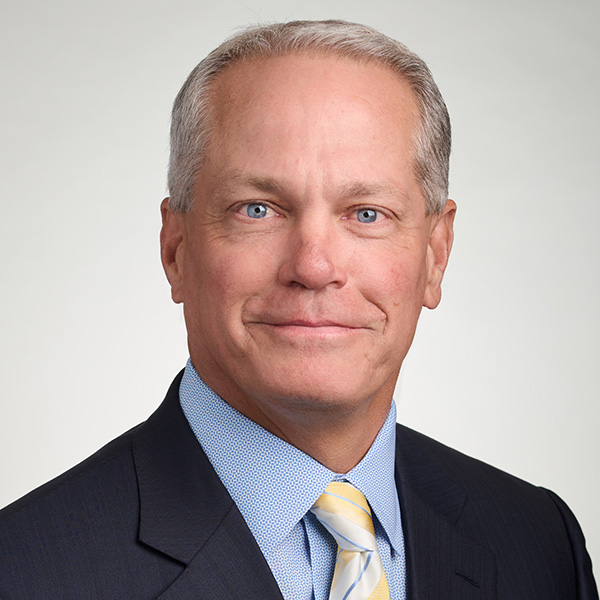
When Eric Gerstenberg started at Clean Harbors, he was about as far from the C-suite as he could be. After graduating from Syracuse University, Gerstenberg landed a job at the company as a field lab technician. He went out in a truck and took care of chemicals or materials that companies in eastern Massachusetts needed to either recycle or dispose of. At the time, Clean Harbors was a relatively small company helping businesses and government agencies but the need for the company’s environmental and industrial services was growing each year.
“I was given the opportunity to excel through advancing with the company,” says Gerstenberg.
Gerstenberg moved into a role running a business unit for Clean Harbors in Natick, Massachusetts and then managing larger facilities in Baltimore and Chicago.
“When I moved into a supervisory role, I learned a lot about the environmental industry,” says Gerstenberg.
Gerstenberg had been an aerospace engineering major at the College of Engineering and Computer Science but found that the fundamental engineering and problem-solving skills he gained at Syracuse University were helping him thrive at Clean Harbors.
“I was applying science and business skills,” says Gerstenberg. “The engineering curriculum got me exposed to the important principles of material science.”
As Clean Harbors continued to grow, so did the opportunities for Gerstenberg. The one-time field lab technician took positions as the president of the environmental, industrial & field services business, vice president of disposal services and executive vice president for environmental services. In 2015, Gerstenberg was named as the chief operating officer for Clean Harbors which had grown into a five billion dollar company with 20,000 employees. On March 31st, Gerstenberg and Clean Harbors chief financial officer Michael Battles will become co-CEOs of the company, succeeding founder Alan McKim.
Gerstenberg is grateful for his time as a student at Syracuse University and what it had to offer. He is especially eager to help engineering and computer science students looking to start their careers or take a step forward.
“Now I get to offer opportunities to talented young engineers who want to grow their career,” says Gerstenberg. “Syracuse is where I made many of my lifelong friends. It created an experience where I was exposed to a diversity of education, diversity of people and many different channels.”
Gerstenberg spends more of his time focused on the overall business operations at Clean Harbors than hands-on engineering but his Syracuse University degree is still proving its worth.
“An engineering education helps people be better problem solvers using methodical approaches. They can think through problems, understand the details and dig deep. It helps you analyze a problem and have that process,” says Gerstenberg. “I can use these skills in recycling and disposal as well as revenue growth and business operations.”
Gerstenberg sees a bright future for current engineering and computer science students and hopes they can learn from the adaptability he has shown over his career.
“Be open-minded in your approach to what opportunities you look at,” says Gerstenberg. “Be willing to travel and willing to relocate – you can do so many things with an engineering degree.”
